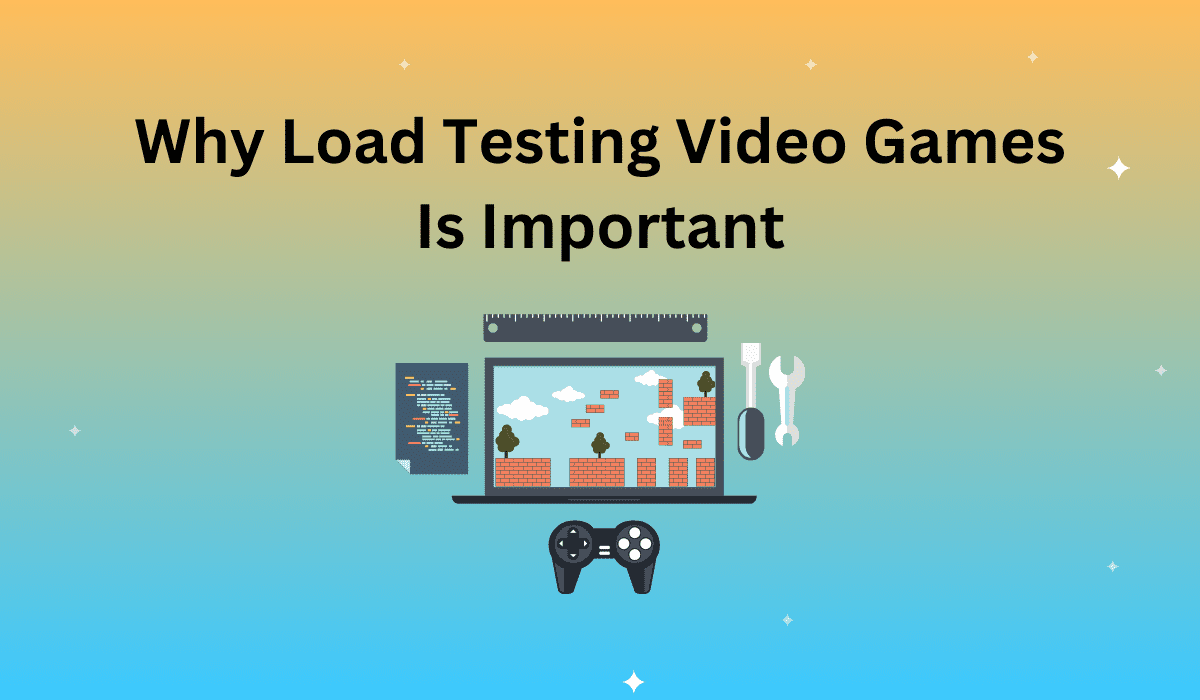In the business world, a strong first impression can make the difference between closing a deal and walking away empty-handed. This also applies to video game launches. Unlike many other forms of media entertainment, a product of excellent design can fail due to the poor implementation of infrastructure or delivery.
A company’s best defenses against permanently sidelining a game with an underwhelming launch are extensive debugging and well-implemented load testing. The real return on investment from testing video games before launch is establishing good will from the gaming community, which can build a long-term following.
Necessity of Load Testing Video Games
To say that a lot of people play online games would be an understatement. Worldwide, over 100 million people play on a daily basis. The PC gaming platform Steam commonly experiences between 8 million and 14 million concurrent players, with games like DOTA 2 typically peaking at 1 million simultaneous users. The massive hit Pokemon Go experienced over 20 million daily users in August 2016, far exceeding expectations. And while 20 million users is at the extreme end of the spectrum, it demonstrates the importance of not underestimating how far your game’s infrastructure should be able to scale.
Disadvantages of Skipping Load Testing
While some brands are strong enough to survive a poor launch, others suffer irreparable damage. The Pokemon Go launch is a notable example of what not to do and had a disaster of a launch. To Niantic’s surprise, Pokemon Go’s launch traffic exceeded 50 times what the developer initially projected, and the servers simply could not keep up with the player load. While the game went on to be a success, many early adopters were turned away from the game, and others responded by leaving negative reviews.
Most Pokemon Go reviews come in around 3.5 stars in an environment where anything under 4 is considered bad. This early brand backlash is a very powerful influencer that can discourage new players who see a disproportionately large number of 1-star reviews. SimCity 2013 also experienced a disastrous launch, selling around two million units, compared with its sister series The Sims, which has sold over five million copies. Brand backlash means lower sales and a reduced interest in future products.
The Real Return on Investment from Load Testing Video Games
Proper load testing before launching your company’s game lets your team devise a server scaling strategy that helps expand infrastructure cost-effectively to address growing demand. Do not be a victim of your own success and destroy the launch of a potential hit game with overloaded servers; develop scaling strategies early on in the planning process.
With modern games on the mobile platform embracing the free-to-play model, the lack of a cost barrier for users to start playing makes experiencing explosive launch traffic a very real possibility. The ROI for load testing your game before launch equates to a successful launch window, a higher retention rate for early adopters, and positive word-of-mouth buzz–all of which contribute to higher sales.
If your company is investigating improving its gaming launch strategy, don’t hesitate to contact the load testing and monitoring experts at Apica. Their unique applications and techniques can help your game’s infrastructure prepare to handle whatever your growing user base throws at it.











